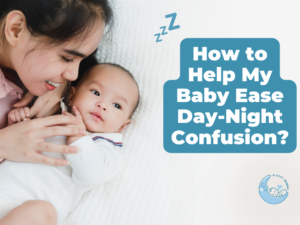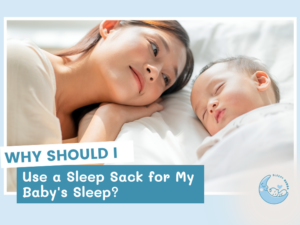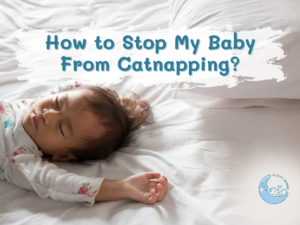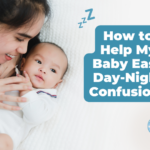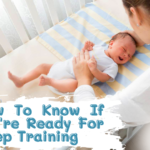Enquire Now with FREE 15 Mins Call
How to Help My Baby to Ease Separation Anxiety?
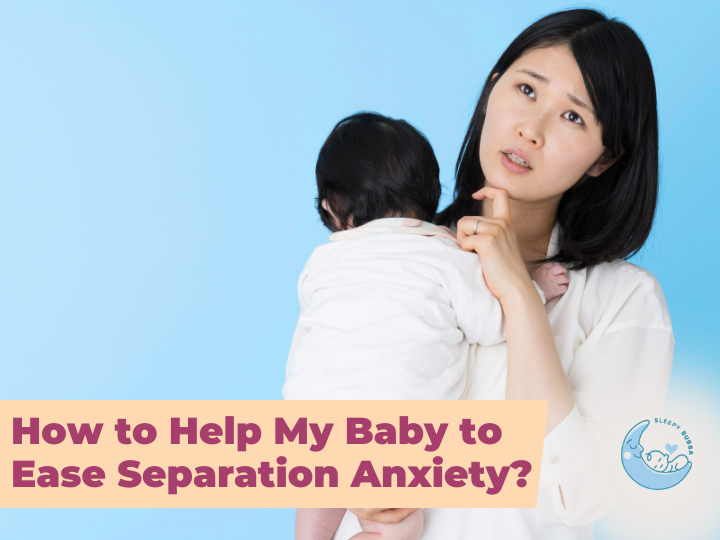
Parenting is a monumental responsibility, often accompanied by feelings of guilt and uncertainty. As baby sleep consultants, we have witnessed the emotional toll separation anxiety can take on both parents and infants. It’s crucial to recognize that this phase is a normal part of a child’s development and is indicative of a secure parent-child attachment. However, it’s understandable for parents to seek ways such as hiring a baby sleep specialist Singapore to mitigate the challenges associated with separation anxiety.
Separation anxiety typically emerges between 6 – 8 months when babies grasp the concept of “object permanence.” This cognitive milestone marks their realization that objects and people continue to exist even when out of sight. Consequently, infants become more aware of their parent’s absence, triggering anxiety.
While separation anxiety is a positive sign of a healthy attachment, it poses challenges when parents need to leave their child with a caregiver or for everyday activities. Let’s explore effective strategies to ease separation anxiety without compromising the developmental significance of this phase.
1. Lead by Example
Babies often take cues from their parents, making it essential to demonstrate a sense of comfort with temporary separation. Designate a safe room or play area where your little one can explore independently, gradually fostering a sense of security even when you’re not in direct sight.
2. Don’t Avoid It
Avoiding separation may seem like the easy route, but it’s crucial to recognize that learning about separation and reunion is a developmental milestone. Allow your child to experience short periods without you, acknowledging their distress and reassuring them that you’ll return. Some tears may occur, but this process is vital for their understanding.
3. Start Slow
Once your baby shows signs of understanding temporary separation, initiate short outings. Begin with brief periods away rather than planning extended outings. This gradual approach helps your baby adjust to the idea that you will return after a short time.
4. Start With Someone Familiar
For initial separations, choose a caregiver who is already familiar with your baby, such as a grandparent or trusted family friend. This familiarity helps build trust, making the experience less daunting for your little one. Take advantage of existing relationships to ease the transition.
5. Stick Around for a While
Before leaving your baby with a caregiver, spend some time with both parties present. This allows your baby to see that the caregiver is someone you know and trust, promoting a sense of security. A brief overlap can make the transition smoother for your child.
6. Face the “Music”
While it might be tempting to sneak away to avoid a tearful goodbye, it’s essential to be transparent. Even if goodbyes provoke some tears, it helps your baby understand that separation is temporary and that you will return as promised.
7. Establish a Consistent Routine
Create a consistent and comforting goodbye routine. This could include a set number of kisses and hugs, a special key phrase, and a clear indication of when you’ll return. Predictability provides reassurance and helps your baby cope with temporary separation.
8. Speak in Terms They’ll Understand
Instead of specifying the duration of your absence, relate it to your baby’s schedule. Use phrases like “after nap time,” “before bed,” or “after dinner” to help them grasp when you’ll be back. This approach makes the concept of time more tangible for your little one.
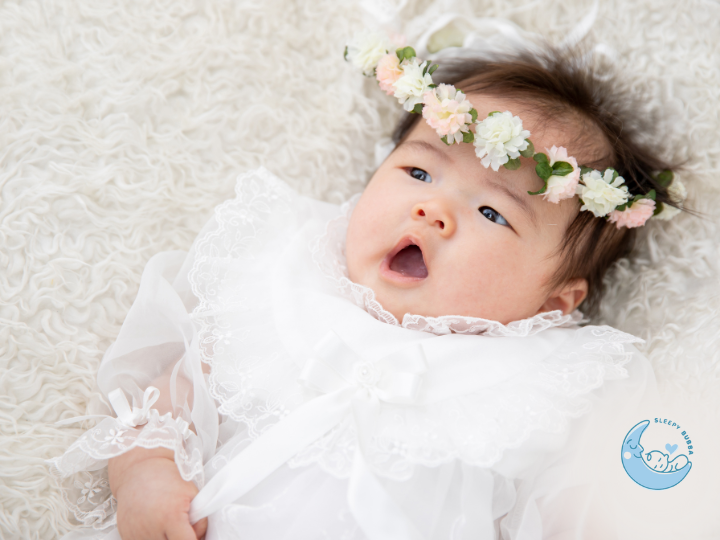
Conclusion
In conclusion, addressing your baby’s separation anxiety is a pivotal step in nurturing their independence and emotional well-being. By employing consistent, supportive, assertive, and calm approaches, you can minimize the challenges associated with separation anxiety. Remember, every baby is different, and the journey through separation anxiety is a gradual process. The goal is not to eliminate your child’s emotional response but to help them understand and cope with temporary absences. As you navigate this developmental phase with your child, consider seeking guidance from a baby sleep specialist Singapore. At Sleepy Bubba, we offer a FREE 20-minute discovery call to provide personalized insights into your baby’s sleep patterns and separation anxiety challenges. Embrace this phase with patience and understanding, laying the foundation for your child’s emotional resilience and independence. With the right guidance, support, and engagement with a trusted baby sleep specialist Singapore, you and your baby can navigate this phase with confidence, setting the foundation for a future of emotional security and independence.

